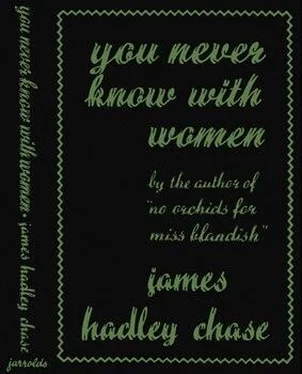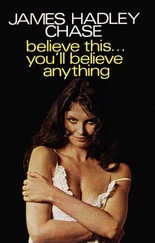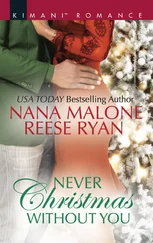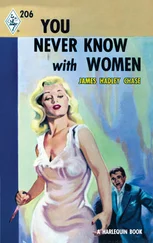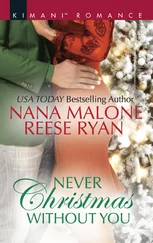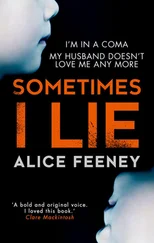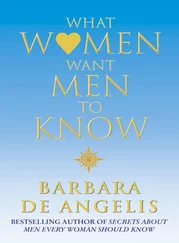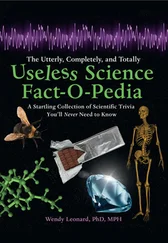We were at the far end of the canyon now. It was damp down there and dark, and a thin white mist hung above the ground. The car head-lights bounced off the mist and it wasn’t easy to see what was ahead. Somewhere in the mist and darkness I could hear the frogs croaking. Through the misty windshield the moon looked like a dead man’s face and the stars like paste diamonds.
The car suddenly swung through a narrow gateway, up a steep driveway, screened on either side by a high, thick hedge. A moment later we turned a bend and I saw lighted windows hanging in space. It was too dark even to see the outline of the house and everything around us was quiet and still and breathless: it was as lonely out there as the condemned cell at San Quentin.
A light in a wrought-iron coach lantern sprang up over the front door as the car pulled up with a crunch of tyres on gravel.
The light shone down on two stone lions crouching one on either side of the porch. The front door was studded with brass-headed nails and looked strong enough to withstand a battering-ram.
The chauffeur ran around to the rear door and helped Gorman out. The light from the lantern fell on his face and I looked him over. There was something about his hooked nose and thick lips that struck a chord in my memory. I’d seen him somewhere before, but I couldn’t place him.
“Get the car away,” Gorman growled at him. “And let us have some sandwiches, and remember to wash your hands before you touch the bread.”
“Yes, sir,” the chauffeur said and gave Gorman a look that should have dropped him in his tracks. It wasn’t hard to see he hated Gorman. I was glad to know that. When you’re playing it the way I had it figured out it’s a sound thing to know who is on whose side.
Gorman opened the front door, edged in his bulk and I followed. We entered a large hall; at the far end was a broad staircase leading to the upper rooms. On the left were double doors to a lounge.
No butler came to greet us. No one seemed interested in us now we had arrived. Gorman took off his hat and struggled out of his coat. He looked just as impressive without the hat, and as dangerous. He had a bald spot on the top of his head, but his hair was clipped so close it didn’t matter. His pink scalp glistened through the white bristles so you scarcely noticed where the hair left off.
I tossed my hat on a hall chair.
“Come in, Mr. Jackson,” he said. “I want you to feel at home.”
I went with him into the lounge. Walking at his side made me feel like a tug bringing in an ocean liner. It was a nice room with a couple of chesterfields in red leather and three or four lounging chairs drawn up before a fireplace big enough to sit in. On the polished boards were Persian rugs that made rich pools of colour, and along the wall facing the french windows was a carved sideboard on which was displayed a comprehensive collection of bottles and glasses.
A thin, elegantly dressed man pulled himself out of a lounging chair by the window.
“Dominic, this is Mr. Floyd Jackson,” Gorman said; and to me he went on, “Mr. Dominic Parker, my partner.”
My attention was riveted on the bottles, but I gave him a nod to be friendly. Mr. Parker didn’t even nod. He looked me over and his lips curled superciliously and he didn’t look friendly at all.
“Oh, the detective,” he said with a sneer, and glanced at his finger-nails the way women do when they’re giving you the brush off.
I hitched myself up against one of the chesterfields and looked him over. He was tall and slender, and his honey-coloured hair was taken straight back and slicked down. He had a long, narrow face, washed-out blue eyes and a soft chin that would have looked a lot better on a woman. From the wrinkles under his eyes and a little sag of flesh at his throat I guessed he wouldn’t see forty again.
He was a natty dresser, if you care for the effeminate touch. He had on a pearl-grey flannel suit, a pale-green silk shirt, a bottle-green tie and reverse calf shoes of the same colour. A white carnation decorated his button-hole and a fat, oval, gold-tipped cigarette hung from his over-red lips.
Gorman had planted himself in front of the fireplace. He stared at me with empty eyes as if he were suddenly bored with me.
“You’d like a drink?” he said, then glanced at Parker. “A drink for Mr. Jackson, don’t you think?”
“Let him get it himself,” Parker said sharply. “I’m not in the habit of waiting on servants.”
“Is that what I am?” I asked.
“You wouldn’t be here unless you were being paid, and that makes you a servant,” he told me in his supercilious voice.
“So it does.” I crossed over to the sideboard and mixed myself a drink big enough to float a canoe. “Like the little guy who was told to wash his hands.”
“It’ll be all right with me if you talk when you’re spoken to,” he said, his face tight with rage.
Gorman said, “Don’t get excited, Dominic.”
The hoarse, scratchy voice had an effect on Parker. He sat down again and frowned at his finger-nails. There was a pause. I lifted my glass, waved it at Gorman and drank. The Scotch was as good as the diamond.
“Is he going to do it?” Parker asked suddenly without looking up.
“Tomorrow night,” Gorman said. “Explain it to him. I’m going to bed.” He included me in the conversation by pointing a ringer the size of a banana at me. “Mr. Parker will tell you all you want to know. Good night, Mr. Jackson.”
I said good night.
At the door, he turned to look at me again.
“Please co-operate with Mr. Parker. He has my complete confidence. He understands what has to be done and what he tells you is an order from me.”
“Sure,” I said.
We listened to Gorman’s heavy tread as he climbed the stairs. The room seemed empty without him.
“Go ahead,” I said, dropping into one of the lounging chairs. “You have my complete confidence too.”
“We won’t have any funny stuff, Jackson.” Parker was sitting up very stiff in his chair. His fists were clenched. “You’re being paid for this job and paid well. I don’t want any impertinence from you. Understand?”
“So far I’ve only received two hundred dollars,” I said, smiling at him. “If you don’t like me the way I am, send me home. The retainer will cover the time I’ve wasted coming out here. Suit yourself.”
A tap on the door saved his dignity. He said to come in in his cold, spiteful voice and thrust his clenched fists into his trouser pockets.
The chauffeur came in, carrying a tray. He had changed into a white drill jacket that was a shade too large for him. On the tray was a pile of sandwiches, cut thick.
I recognized him now he wasn’t wearing the cap. I’d seen him working at the harbour. He was a dark, sad-looking little man with a hooked nose and sad, moist eyes. I wondered what he was doing here. I remembered seeing him painting a boat along the waterfront a few days ago. He must be as new to this job as I was. As he came in he gave a quick look and a puzzled expression jumped into his eyes.
“What’s that supposed to be?” Parker snapped, pointing to the tray.
“Mr. Gorman ordered sandwiches, sir.”
Parker stood up, took the plate and stared at the sandwiches. He lifted one with a finicky finger and thumb, frowned at it in shocked disgust.
“Who do you think can eat stuff like this?” he demanded angrily. “Can’t you get into your gutter mind sandwiches should be cut thin: thin as paper, you stupid oaf. Cut some more!” With a quick flick of his wrist he shot the contents of the plate into the little guy’s face. Bread and chicken dripped over him: a piece of chicken lodged in his hair. He stood very still and went white.
Читать дальше
